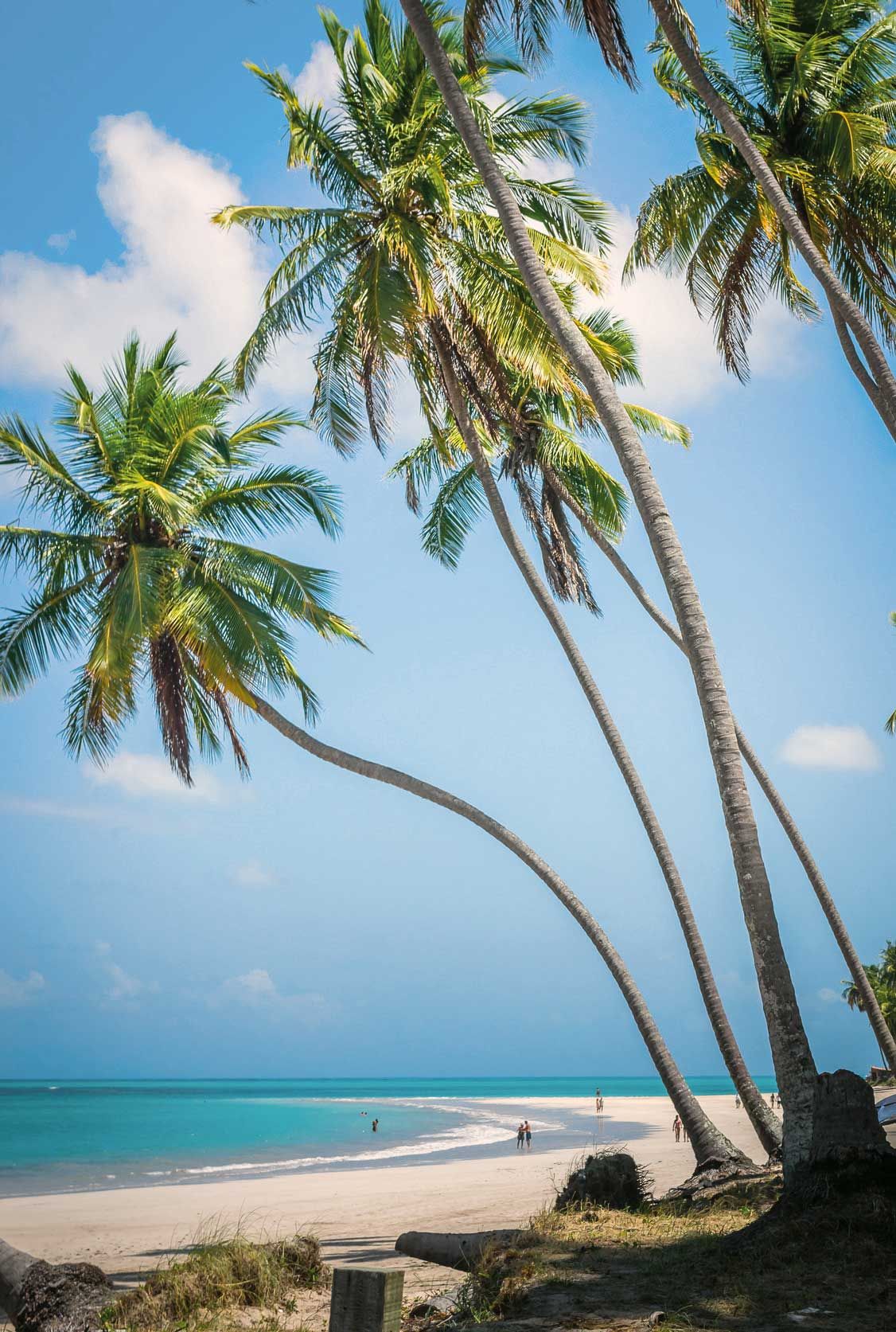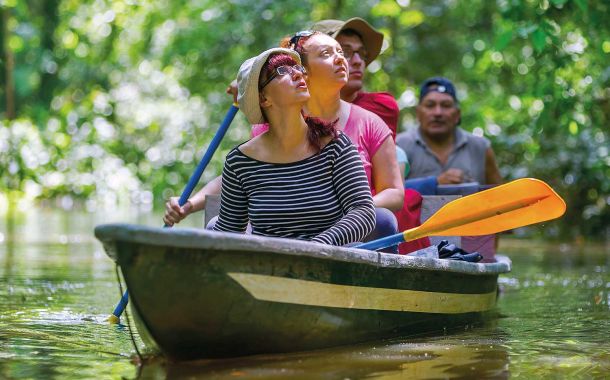Tourist atractions near
Baía Formosa
Top reasons to visit Brazil


Brazil is an exceptional destination for tourism. The country owes it mostly to incredible landscapes like the Guiana Highlands in the north, Brazilian Uplands in the southeast and the Amazon in the North and North West. It is home to the most famous Atlantic city beaches in the world - Copacabana and Ipanema in Rio de Janeiro. Brazil proudly holds several records for its wildlife numbers and diversity. This was a result of the urgent need to preserve endangered natural treasures and has inspired a surge in ecotourism and responsible travel initiatives. This effort is making it possible for more travelers to enjoy Brazil in a sustainable way and preserving the best of Brazil for local communities.
Tourists that come to Brazil are lovers of wild nature, Amazonian exotics, and adventures, as well as, most of all, enthusiasts of the fun of life, which is guaranteed by the exceptional character of Brazilians. For hundreds of years, Brazilian culture has been has been shaped by people with very diverse ethnic and cultural heritage. A glorious mix of diversity is imprinted in the culture that has resulted in purely Brazilian items, celebrations, and traditions such as the bossa nova, capoeira, and the yellow soccer jersey. With so much diversity, it’s safe to say that the people who have created Brazil are, as a rule, friendly to foreign tourists. Brazil is famous for dances - among them samba. It is not only about music and movement, but primarily the soul and fire that are inherent in Brazilians. This is best seen during the carnival, which is celebrated in all corners of the country, especially in Rio and El Salvador de Bahia. Today’s Brazil is a paradise above all for the mountains, wild nature and especially in the North-East region, water sports enthusiasts.
Brazil became a Portuguese colony in 1500, remaining under Portuguese rule for 300 years. Remnants of this heritage can be seen throughout historic colonial cities even today and are one of the sightseeing highlights.
As the largest and most developed country on the continent, modern Brazil has several modern airports serving almost all major airlines and dynamically developing transportation and tourism infrastructure. Brazil’s Ministry of Tourism and state administration have been investing in their towns and cities to make visiting as easy as possible for tourists. That translates into better roads, more jobs, an improvement of community life, and many other benefits that are turning Brazil into a very desirable destination.
Tourist attractions near Baía Formosa
Buggy trips along the beach to Sagi:
- so-called Laguna Coca-Cola (Lagoa de Coca-Cola), a freshwater lake whose water has the color of Coca-Cola (hence the name). The color comes from the high content of iron in the soil and from the dyes released by the leaves that have been in the water for a long time.
- Mangrove - extremely rich plant formations occurring in the sweet and salt water, characteristic for this region. It is possible to enter the mangroves in a small boat.


Trip to the Mata Estrela

Praia da Pipa - the most famous beach in Rio Grande do Norte
In Praia da Pipa you can see turtles and dolphins swimming at a short distance from the beach. The town has an excellent tourist infrastructure - offers sea boat trips, the possibility of renting canoes, paddling, tree-climbing, etc. In the city, there are many souvenir shops and great restaurants. It is possible to arrive at Praia da Pipa from Formosa Bay making a tour through the beach or cliffs along the sea.

Barra da Mamanguape

Natal and surroundings
The city of Natal has many exciting places to see, but its charm is primarily due to its location. The main tourist points are Morro do Careca (dune on the main beach of Natal Ponta Negra), the Fort of the Three Kings The city of Natal has many exciting places to see, but its charm is primarily due to its location. The main tourist points are Morro do Careca (dune on the main beach of Natal Ponta Negra), the Fort of the Three Kings (Forte Dos Reis Magos), and the most massive cashew tree in the world (Cajueiro de Piranga). One of the most popular attractions is the Column from Capitol which the city of Natal received from Benito Mussolini as an expression of gratitude for saving and looking after Italian pilots who crashed at the coast of Natal in 1928. In the Old Town there are numerous examples of colonial architecture, and the Museum with fascinating examples of local art. Interesting place is the Arena das Duna’s football stadium, built specifically for the World Championship in 2014


Serra do São Bento and Pedra da Boca

Genipabu Dunes



